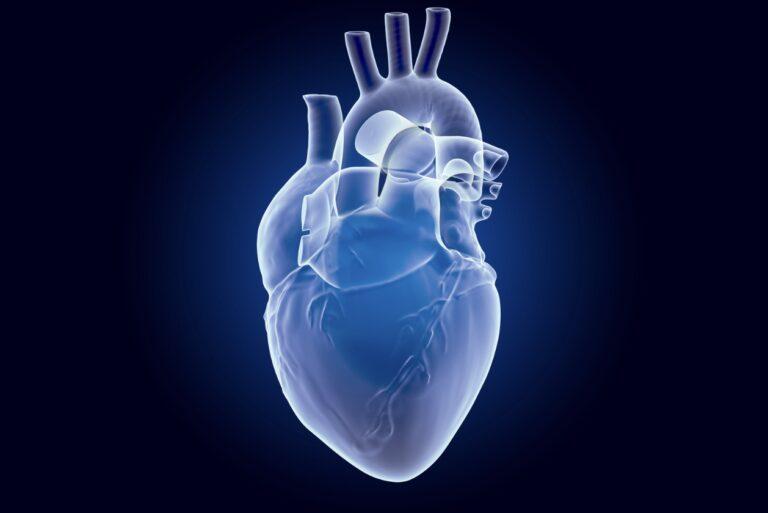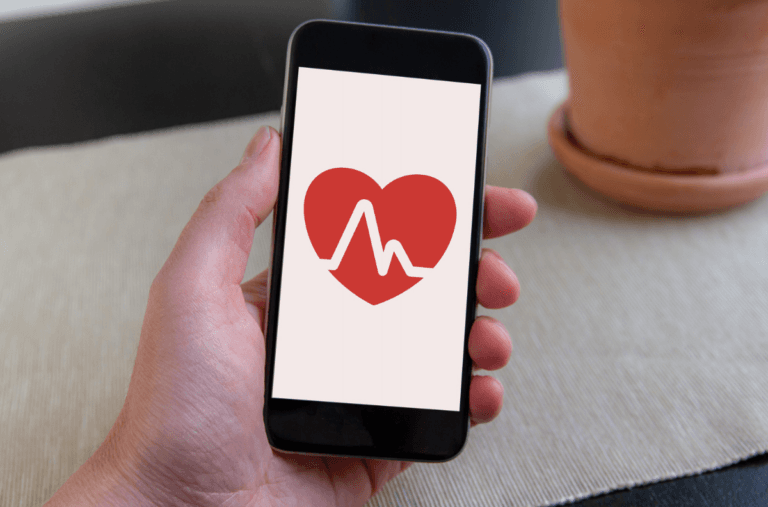Cardiovascular diseases (CVD) are the leading cause of mortality and disease burden worldwide. Diet plays a significant role in the development of cardiovascular disease, with poor dietary choices contributing to millions of CVD-related deaths each year. In recent years, there has been growing interest in the field of chrononutrition, which explores the relationship between the timing of eating meals, circadian rhythms, and health outcomes.
One area of particular interest is the time of day meals are consumed. Research suggests that the timing of meals, specifically breakfast consumption and late-night eating, may have an impact on cardiometabolic health and the risk of cardiovascular disease. Several studies have found that skipping breakfast is associated with an increased risk of being overweight, obesity, heart attacks and cardiovascular disease. Similarly, late-night eating has been linked to cardiovascular risk factors such as atherosclerosis, obesity, high blood pressure and high cholesterol levels.
While there is evidence to suggest that meal timing may play a role in cardiovascular health, the existing studies have limitations. Many studies rely on self-reported meal timing, which can be prone to classification bias and may vary across cultural differences. Additionally, previous research has focused mainly on intermediate endpoints, such as cardiometabolic risk factors, rather than hard endpoints like cardiovascular disease. Therefore, further research is needed to better understand the association between meal timing and cardiovascular risk.
In this article, we will explore the findings of a large prospective cohort study that investigated the associations between meal timing and the risk of heart disease. The findings were published in Nature Communications. We will examine the impact of the time of the first and last meal of the day, the number of eating occasions, and nighttime fasting duration on the risk of overall cardiovascular disease, cerebrovascular diseases, and coronary heart diseases. Additionally, we will discuss the potential mechanisms behind these associations and the implications for cardiovascular disease prevention.
Methods
The study we will be discussing is based on data from the NutriNet-Santé cohort, a large web-based cohort study launched in France in 2009. The cohort includes participants aged 18 or older who were recruited through various multimedia channels. Participants completed questionnaires on socio-demographics, lifestyle factors, physical activity, anthropometrics, health status, and diet. Diet was assessed using bi-annual dietary records, and participants were asked to report the timing of their meals. Incident cases of cardiovascular disease were self-reported by the participants and validated through medical records. The study included a total of 103,389 participants (79% women) with a mean baseline age of 42.6 years. The participants were followed for a median of 7.2 years, during which 2036 incident cases of cardiovascular disease were ascertained.
The associations between meal timing variables (time of first and last meal of the day, number of eating occasions) and cardiovascular disease risk were analyzed using cause-specific Cox proportional hazards models. The models were adjusted for various potential confounders, including age, sex, education, BMI, family history of CVD, alcohol consumption, smoking, physical activity, and dietary factors. The primary outcomes of interest were overall cardiovascular disease, cerebrovascular diseases, and coronary heart diseases. Additionally, the study explored the association between nighttime fasting duration and cardiovascular disease risk. The analyses were adjusted for the same covariates as the meal timing models.
Results
The results of the study showed that later times of the first meal and last meal were independently associated with a higher risk of overall cardiovascular disease. Each additional hour of delay in the time of the first meal was associated with a 6% increased risk of overall cardiovascular disease. However, the time of the last meal was not significantly associated with cardiovascular disease risk. The number of eating occasions was also not associated with cardiovascular disease risk.
When examining specific cardiovascular disease outcomes, the study found that delaying the time of the last meal was associated with an increased risk of cerebrovascular diseases. Each additional hour of delay in the time of the last meal was associated with an 8% increased risk of cerebrovascular diseases. However, the time of the first meal was not significantly associated with cerebrovascular disease risk. No significant associations were found between meal timing variables and the risk of coronary heart disease.
The study also explored the association between nighttime fasting duration and cardiovascular disease risk. It was found that a longer nighttime fasting duration was associated with a lower risk of cerebrovascular diseases. Each additional hour of nighttime fasting was associated with a 7% lower risk of cerebrovascular diseases. However, there was no significant association between nighttime fasting duration and the risk of overall cardiovascular disease or coronary heart disease.
The results of the study also showed sex differences in the associations between meal timing variables and cardiovascular disease risk. The association between late meal times and a higher risk of overall cardiovascular disease and cerebrovascular diseases was stronger in women than in men. However, no significant sex differences were observed in the associations between meal timing variables and the risk of coronary heart disease.
Discussion
The findings of this study suggest that the timing of meals may play a role in the development of cardiovascular disease. Specifically, delaying the time of the first meal and last meal of the day was associated with a higher risk of overall cardiovascular disease. These associations were stronger in women than in men. Additionally, a longer nighttime fasting duration was associated with a lower risk of cerebrovascular diseases.
The association between meal timing and cardiovascular disease risk may be explained by several mechanisms. One possible explanation is the disruption of circadian rhythms. The daily eating/fasting cycle is a dominant synchroniser of circadian rhythms in peripheral organs, including the liver, heart, kidney, and pancreas. Disrupting this cycle by delaying the time of meals or eating late at night can lead to metabolic disturbances and increased cardiovascular risk. For example, eating late at night has been associated with atherosclerosis, obesity, high cholesterol, and metabolic syndrome.
Another possible mechanism is the impact of meal timing on blood sugar and insulin metabolism. Research has shown that the body’s sensitivity to insulin and glucose concentration is highest in the early morning and declines throughout the day. Therefore, consuming food later in the day may lead to impaired glucose tolerance and insulin resistance, which are risk factors for cardiovascular disease.
The sex differences observed in the study may be attributed to sexual dimorphisms in the circadian system and metabolism. Previous research has shown that women may be more susceptible to the negative effects of late-night eating and delayed meal times on cardiovascular health. Hormonal factors, such as estrogen, may also play a role in these sex differences.
The association between nighttime fasting duration and cardiovascular disease risk suggests that time-restricted eating (TRE) may have potential benefits for cardiovascular health. TRE involves limiting the daily eating window to a specific number of hours, typically by extending the nighttime fasting duration. Animal studies have shown that TRE can improve metabolic health and protect against obesity and metabolic disturbances. Human studies have also found that TRE is associated with reduced body weight, blood pressure, and inflammation. However, the results of studies on TRE and cardiovascular risk factors have been inconsistent. Further research is needed to better understand the effects of TRE on cardiovascular disease risk.
Conclusion
In conclusion, this large prospective cohort study provides evidence that delaying the time of meals and having a shorter nighttime fasting duration are associated with a higher risk of cardiovascular disease, particularly in women. These findings suggest that adopting earlier eating patterns and practising time-restricted eating may be beneficial for cardiovascular health. However, further research is needed to confirm these findings and explore the underlying mechanisms. These findings have important implications for cardiovascular disease prevention and may help inform dietary recommendations for patients and the general population.
Sources
Medical Disclaimer
NowPatient has taken all reasonable steps to ensure that all material is factually accurate, complete, and current. However, the knowledge and experience of a qualified healthcare professional should always be sought after instead of using the information on this page. Before taking any drug, you should always speak to your doctor or another qualified healthcare provider.
The information provided here about medications is subject to change and is not meant to include all uses, precautions, warnings, directions, drug interactions, allergic reactions, or negative effects. The absence of warnings or other information for a particular medication does not imply that the medication or medication combination is appropriate for all patients or for all possible purposes.









